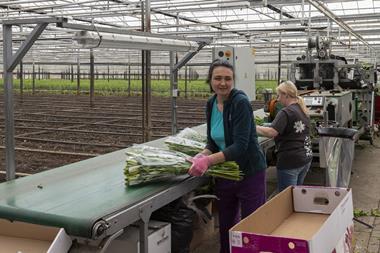GERMANY – Germany’s Union Investment has decided to exit all investments in soft commodities due to a drop in demand caused by negative public opinion.
The asset manager cited the impact of ongoing allegations by global non-governmental organisations (NGOs) that investments were linked with price increases.
Last year, Heribert Karch – head of the €3bn MetallRente, the pension provider for the German metal industry – confirmed to IPE that his fund had ceased investing in certain commodities due to certain “problematic” aspects of the investments.
He cited food speculation, “environmentally unfriendly” mining activities and child labour as some of the scheme’s chief concerns.
Several German regional and mid-size banks such as Commerzbank, LBBW and DekaBank also announced last year that they planned to exit all agricultural investments.
Union Investment – a subsidiary of DZ Bank, which owns the German Volksbanken and Raiffeisen groups – has now finalised its exit from the asset class.
A spokesman told IPE: “The reason was that, because of the current climate of public opinion, there is no demand from many of Union Investment’s clients in agricultural commodities.”
As of March, UniCommodities and Commodities Invest were no longer invested in agricultural commodities, and the recently launched UniGarantCommodities launched without investments in the sector.
Union’s spokesman acknowledged, however, that “a couple of older funds”, now closed to new investors, remained invested, as their policies for could not be altered.















